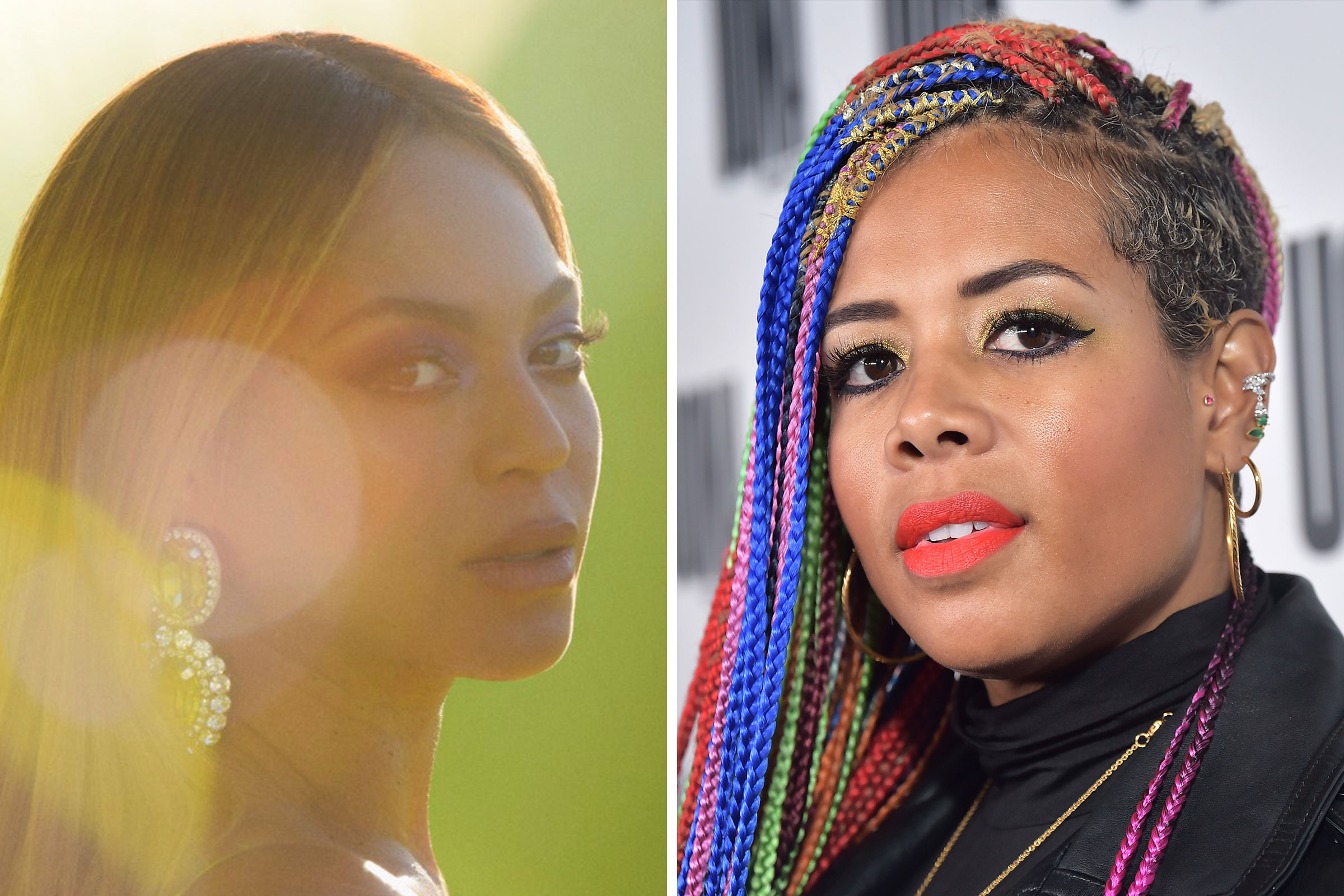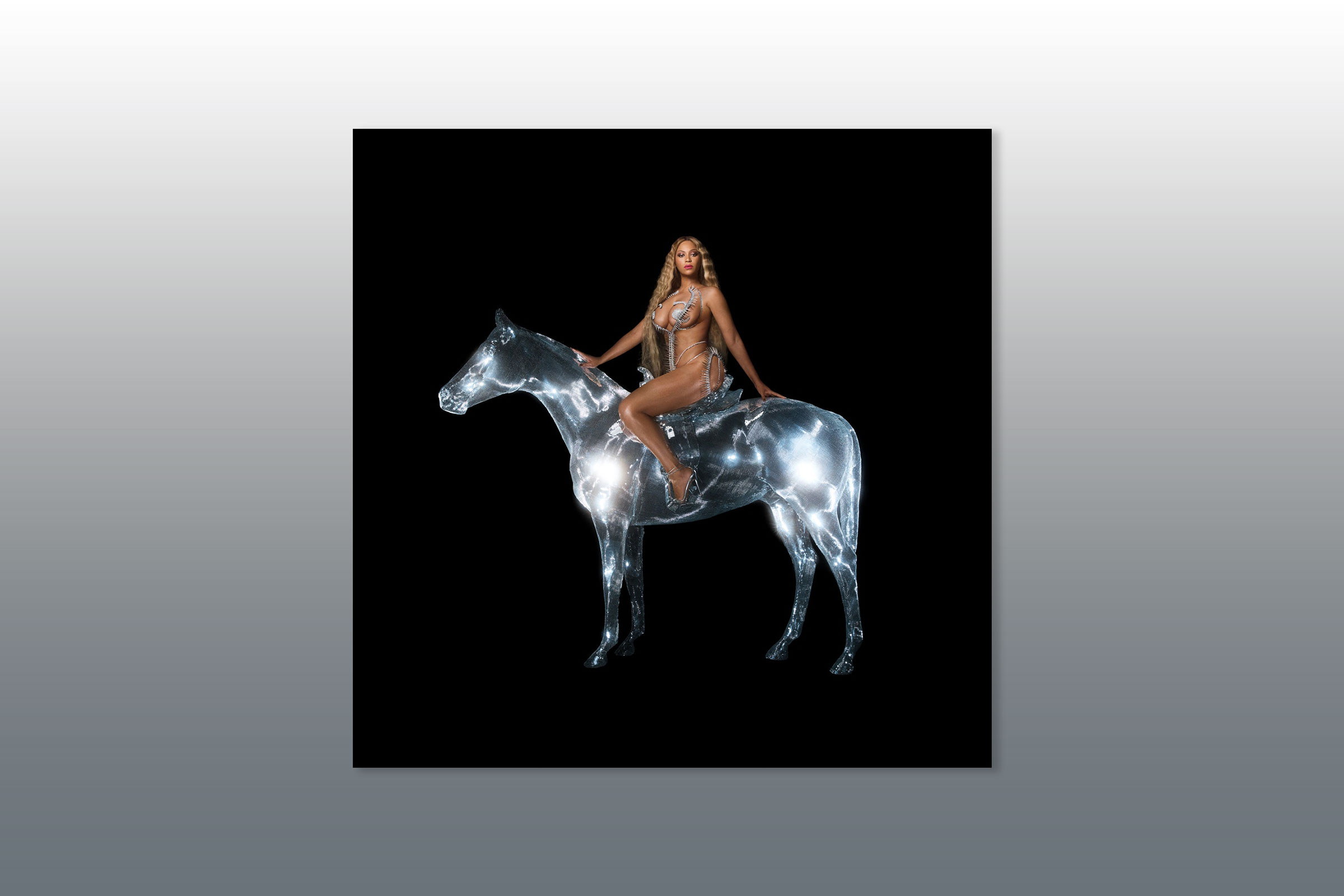
When “Break My Soul” was released as the lead single off Beyoncé’s latest album, Renaissance, in late June, the crowd went wild. The internet loved it. The fans loved it. The critics loved it. And a lot of them loved the fact that the song, an homage to dance pop and house music, interpolated the synths of house legend Robin S.’s early-’90s song “Show Me Love.”
“While the interpolation itself is fairly subtle,” wrote TIME’s Cady Lang, “Beyoncé shows an admirable dedication to giving credit where credit is due to the artists whose work has touched her albums.”
But late Thursday night, when the album was released in full, one artist in particular—the R&B and hip hop icon Kelis—was frustrated by what she claims was a failure to do just that, or at least to do it in a way that demonstrated basic “human decency” when it came to an interpolation of her work on Renaissance.
On Aug. 2, Billboard reported that Beyoncé had removed the interpolation of Kelis’ “Milkshake” from her own track, “Energy,” on Tidal and Apple. By Aug. 4, it did not appear that she had removed the interpolation from the Spotify version of the track.
Read more: How House Music Became the Sound of the Summer
How and where Kelis’ sample is used on Renaissance

If you were cognizant of pop culture in 2003—and most likely even if you weren’t—you’ve heard the Kelis hit “Milkshake.” (You know the one: “My milkshake brings all the boys to the yard.”) Now, the once ubiquitous bop is back, interpolated into “Energy,” the fifth track on Renaissance.
It appears in the song’s credits alongside an interpolation of the 1998 song “Ooo La La La” by Teena Marie. The Teena Marie snippet is much easier to catch: “‘Ooh, la-la-la,’” Beyoncé croons in the second verse. She then adds her own spin: “That’s the way dem boys sound when I walk through that block.”
The “Milkshake” bit, however, is harder to hear: It crops up most notably in the last chorus, which features Jamaican American rapper BEAM and Big Freedia, known for her work in bounce music, a New Orleans hip-hop genre. “He was on stop mode, got froze,” BEAM raps. “Ah, ah, ah, la-la-la-la-la-la,” Beyoncé responds. “Froze front page Vogue, no pose,” BEAM raps. “Ah, la-la, ah, ah,” Beyoncé sings.
In the last 15 or so seconds of the track, those “las” that Beyoncé softly sings are an apparent reference to the earworm pre-chorus from the Kelis track. (“La-la, la-la, la/ Warm it up/ La-la, la-la, la/ The boys are waiting.”)
How Kelis has responded—and what she’s said about Beyoncé
Earlier this week, following Beyoncé’s recent announcement of Renaissance’s long list of contributors, Kelis made it known—via a comment from her Instagram cooking account on a post by a Kelis fan page—that she found out about the interpolation “the same way everyone else did.”
“My mind is blown too because the level of disrespect and utter ignorance of all 3 parties involved is astounding,” Kelis commented. “Nothing is ever as it seems, some of the people in this business have no soul or integrity and they have everyone fooled.”
The three “parties involved” that the singer referenced are Beyoncé as well as Pharrell Williams and Chad Hugo. The latter pair of producers formed a duo called the Neptunes, which Kelis worked with early in her career, in the late 1990s and early 2000s. The Renaissance credits listed on Beyoncé’s website state that “Energy” contains an interpolation of “Milkshake,” which was “written by Pharrell Williams, Chad Hugo and performed by Kelis.”
“My real beef is not only with Beyoncé—because at the end of the day, she sampled a record, she’s copied me before, she’s done this before. So have many other artists,” Kelis said in an Instagram video posted on July 28. “The issue is that not only are we female artists, Black female artists in an industry that—there’s not that many of us. We’ve met each other. We know each other. We have mutual friends. It’s not hard to keep in contact.” She goes on to discuss Williams and Hugo, referencing comments she’s made in the past about being “blatantly lied to and tricked” about how the profit-sharing from her first two albums would work.
Beyoncé’s history of crediting collaborators
Beyoncé, however, has a history of dutifully crediting all of her many collaborators and contributors (even if those contributions are unwitting)—hence the lengthy “credits” section under each song on her website. Contemporary music like Beyoncé’s, and especially hip hop and R&B, often credits a host of artists given its heavy use of sampling and interpolation.
But what’s the difference? Sampling, popular in rap and hip hop, directly splices in original snippets of songs by other artists. Interpolation, on the other hand, re-records a portion of a melody from a previously recorded song in the voice and style of another artist. Thus, the last 15 seconds of Energy may have sounded a bit like Kelis, but they were sung by Beyoncé.
Kelis argues that, while Beyoncé did credit her, she should have also notified her ahead of time that “Milkshake” would appear on the album.
“No, it’s not a collaboration,” Kelis said on Instagram. “It’s called thievery. Because the definition of collaboration means that we are working together.” She went on to add: “All of the stuff she sings about, all this empowerment stuff, I don’t talk about it. I am about it. Because the reality is, all this female empowerment stuff, it only counts if you really do it. If you’re really living it and walking the walk. Don’t just talk the talk.”
Representatives for Beyoncé and Kelis had not responded to requests for comment at the TIME of publication.
More Must-Reads From TIME
- The 100 Most Influential People of 2024
- Coco Gauff Is Playing for Herself Now
- Scenes From Pro-Palestinian Encampments Across U.S. Universities
- 6 Compliments That Land Every Time
- If You're Dating Right Now , You're Brave: Column
- The AI That Could Heal a Divided Internet
- Fallout Is a Brilliant Model for the Future of Video Game Adaptations
- Want Weekly Recs on What to Watch, Read, and More? Sign Up for Worth Your Time
Contact us at letters@time.com